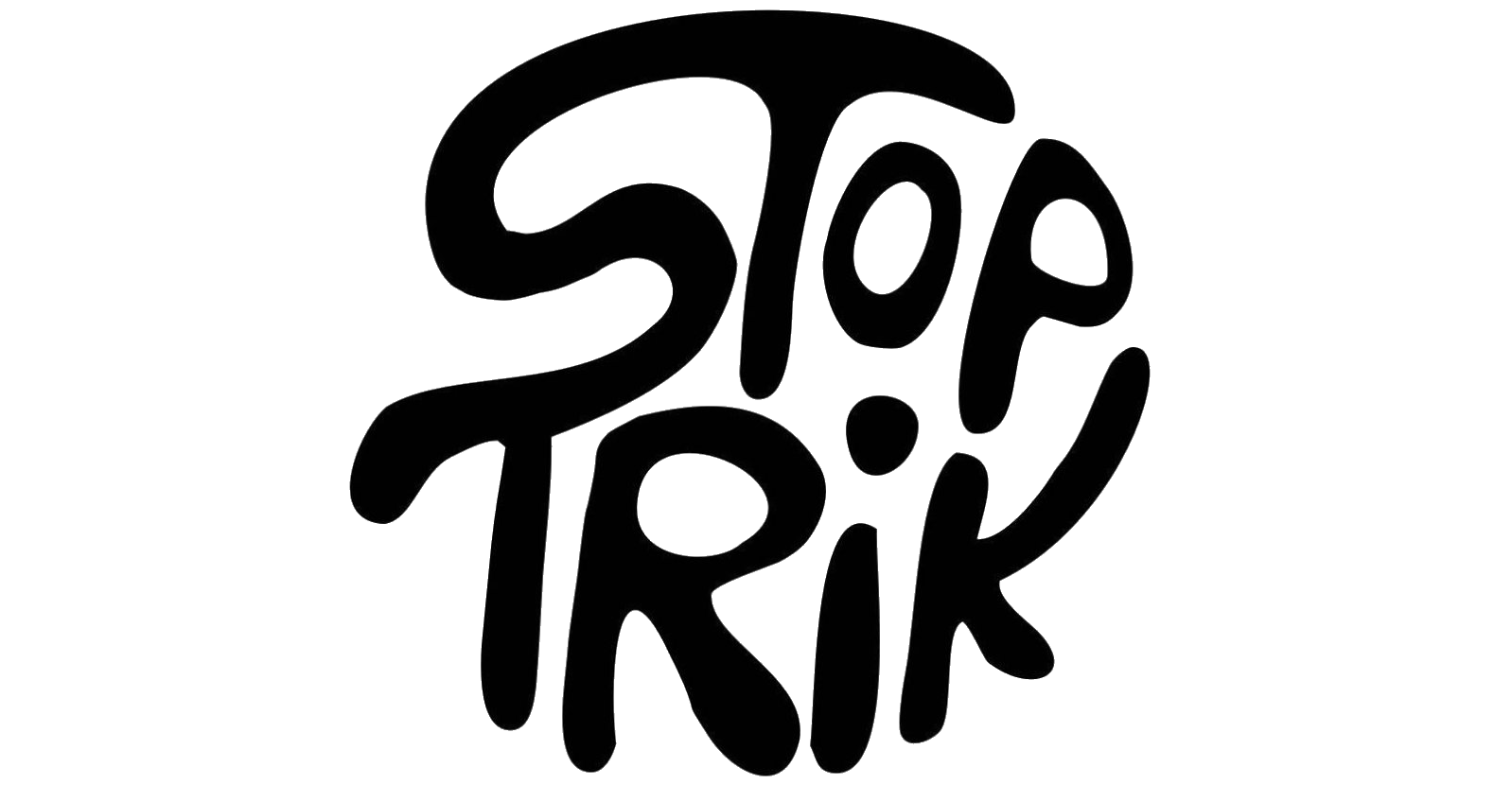Transmigrating Anima: 14th StopTrik IFF opens-up for a transhumanist reflection
Festivals are vital celebrations of creativity and spontaneity, but they are also platforms for discussing the societal, cultural, and political changes that make an impact on everyday life of artists and participants of cultural industries. This year we call you to embark with us on a journey through the fascinating and yet controversial subject of the relationship between art-house animation culture and transhumanist philosophies.
In the widest sense transhumanism can be understood as a multidisciplinary approach that explores the possibilities of enhancing the human condition through the application and development of technology. From such an angle one observes the reality where humanity and transformative technologies (such as AI, biotechnology, cybernetics, etc.) converge. The processes and consequences of such merges prompt discussions on the nature of consciousness, the definition of "human," and the societal implications of such advancements. Culturally, transhumanism has roots in progressive science fiction genres, notably in cyberpunk, where advanced technologies often intersect with dystopian societies. Most recently however, when many dystopian predictions have been fulfilled and became a part of our everyday experience, the problems of transhumanism by far transgressed the sci-fi genres. A rapidly transforming technological development brings out new dilemmas regarding how we can define terms like "originality” or “authorship”; or how we employ new artistic tools to express our comprehension of concepts such as codependency, justice, identity, etc. Stop motion, being one of the most traditional forms of animation filmmaking, is also capable of addressing these most recent concerns. A vintage nature of stop motion does not make it any less detached or distanced from this revolutionary transformation of our civilization. StopTrik is a right place to ask the stop motion filmmakers about their feelings, anxieties, and desires experienced in the course of this change.
A retrospective programme consists this year in three selections whose aim is to demonstrate, screening-by-screening, the process of stop motion “enhancement” correlated with the technological development of creative tools and its influence on perceptive habits. We trace how the art of stop motion animation has been evolving - from a narrowed-down, technique-oriented notion to the inspiring, large spectrum of stylistics, poetics, and sensitivities that are technologically advanced and deeply rooted in traditions of cinematic experimentation. Automata, cyborgs, transitory identities and embodied desires will populate the screen to encourage the viewers' confrontation with questions that usually stay neutralized, silenced, or tabooized. The opening screening “Mechanical Age Revisited” (curators: Olga Bobrowska, Michał Bobrowski, StopTrik festival directors) is a retrofuturistic selection that presents past visions of the future. The juxtaposition of historical films with more contemporary productions attempts to capture stop motion “aura” that has to reinvent itself as the modes of creation, perception as well as the viewers’ capacity to stay focused change. The programme “Soft Machines Morphing”, curated by Nastia Naumenko (Vienna/Warsaw-based Ukrainian filmmaker) presents the modes of how stop motion styles may be enhanced and rendered to 2D/3D aesthetics. Furthermore, this programming captures the meanings of transhumanism in beyond-human emotions and desires as well as it explores transitory nature of sexuality and cognition. Eventually we welcome you to engage in a critical conversation about the role of AI as an artistic tool at the programme “Animation in the Age of AI”. Juergen Hagler, Austrian academic researcher, artist and curator at the interface of animation, game, and media art, will explore three AI-assisted films, the screening will be intertwined with an in-depth commentary on artistic and ethical implications of this new chapter in film history.
Explorations of this year's theme will take different forms and shapes. Those interested in environmentally-oriented changes that reduce waste in the process of stop motion production should not miss “Puppets in Transit” panel attended by Animarkt/StopMoLab and Sandra Jovanvoska. And those who would rather investigate problems of reproduction of wealth and misery in the late capitalism should make sure to visit an exhibition of Total Refusal collective at the OBRAT. As part of the festival's focus on transhumanism, we will host director and civilian cosmonaut Dragan Živadinov, who will present the fifty-year theater project Noordung. This endeavor officially began on April 20, 1995, at 10 PM with a premiere designed to be repeated every 10 years on the same date, at the same time, and with the same cast, continuing until 2045. The performance incorporates the replacement of actors' bodies, who will have passed away in the interim, with remotely controlled technological substitutes.
By early September we will reveal full details of the festival’s programming.
Producer of StopTrik International film festival is Pekarna Magdalenske mreže, co-producer is Narodni dom Maribor – Vetrinjski dvor. Festival's co-financiers are Slovenski filmski center, Mestna občina Maribor, Active citizen found Slovenija, Urad RS za mladino in Ministrstvo za kulturo. Soorganizers of the festival are Lutkovno gledališče Maribor, Akademija umetnosti, Univerza v Novi Gorici, Društvo slovenskega animiranega filma, Film Factory, KUD Coda, AGD Gustaf, Zavod Mars in Društvo Slon.

